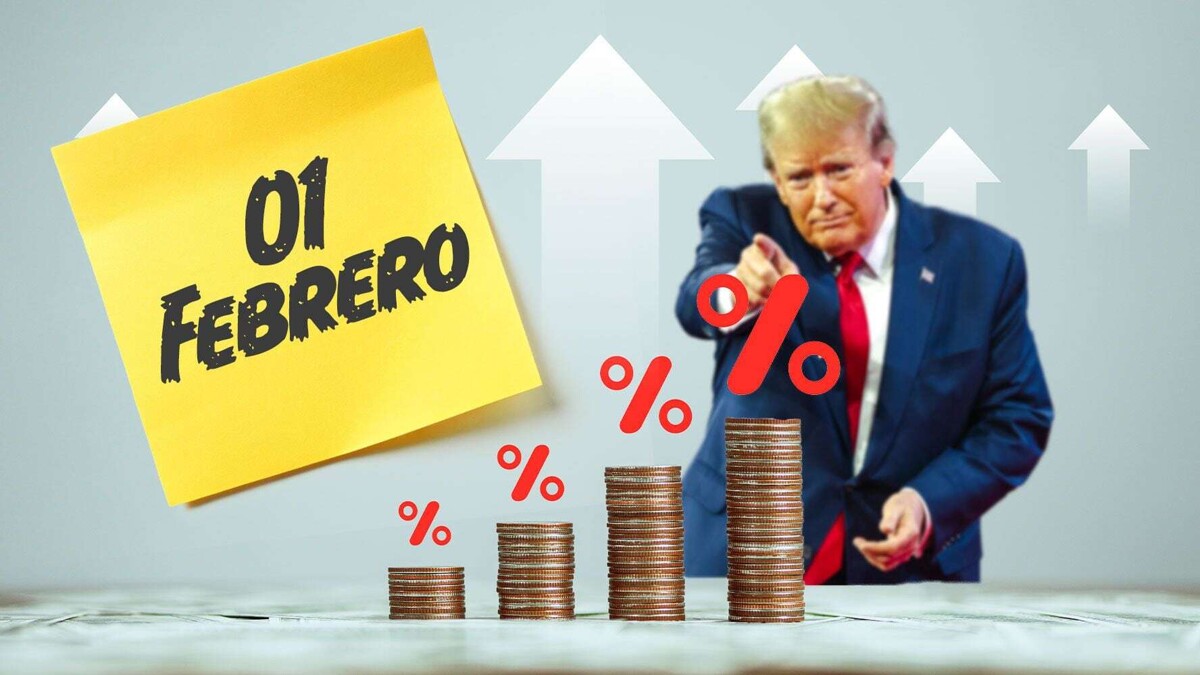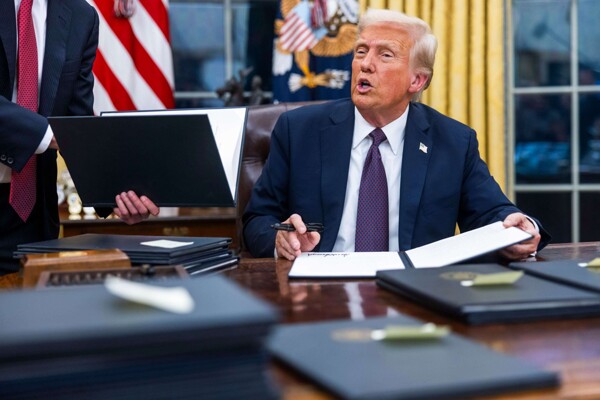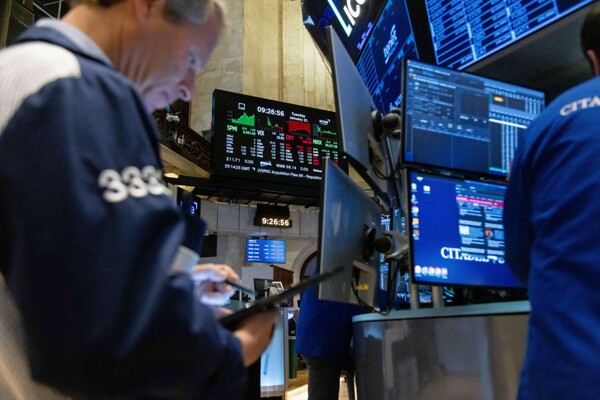
President Donald Trump announced his plan to impose tariffs of up to 25 percent on Mexico and Canada starting February 1. He argued that both countries allow the flow of migrants and drugs into the United States. Trump expressed his dissatisfaction with the situation, specifically pointing to Canada as a country that abuses by allowing the passage of substances like fentanyl and migrants across the northern border.
In response to this announcement, the Bloomberg dollar indicator experienced a 0.7 percent increase, the highest since mid-December, as investors sought safe-haven assets. On the other hand, the Canadian dollar and the Mexican peso fell more than one percent against the dollar following the news.
In a post on Truth Social, Trump warned about imposing tariffs on all imports from Mexico and Canada as a pressure measure to stop the flow of drugs and illegal migrants into the U.S. Subsequently, the former president indicated that these tariffs would remain until this "invasion" into the country ceased.
At that time, Canadian Prime Minister Justin Trudeau traveled to Florida soon after these statements with the aim of convincing Trump that the flow of migrants into the U.S. from Canada was minimal, as well as highlighting the existing collaboration between the two countries to combat drug trafficking. Trudeau also prepared a list of U.S. products worth $105 billion that could be subject to tariffs in the event of a similar response from the U.S.
Mexico, for its part, has tried to avoid the imposition of tariffs by taking steps to appease Trump, such as reducing imports from China and a record seizure of fentanyl. However, the Mexican government expressed its concerns about the impact these tariffs could have on the annual $800 billion trade between the three countries, as well as on inflation in the U.S. in light of a possible price increase.
Both Canada and Mexico stated they would retaliate if Trump ultimately imposed tariffs on them. The president also mentioned the possibility of a universal tariff on all foreign imports, although he specified that this measure was not yet ready, but its implementation could be swift. Trump's plans to impose tariffs on these two key trading partners could trigger a trade war among the countries of the USMCA, a deal renegotiated during his first term and subject to review in 2026.














